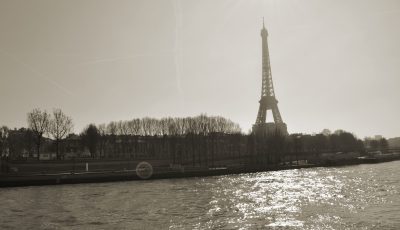The Government of Morocco is using circular economy strategies to reduce its carbon footprint. It will present its strategy during a meeting before COP22 in Novenmber 2016 in Marrakesh.
The Kingdom of Morocco (Morocco) is developing its Low Emission Development Strategy (LEDS). This LEDS will provide a coherent framework for the country to:
- Develop and implement its climate policies,
- Identify and support mitigation actions which receive international support,
- Implement monitoring systems which provide feedback to policy-makers on the performance of the climate policies, and the progress of the country in relation to its international climate commitments.
Morocco submitted its national climate contribution (INDC) to the UNFCCC in June 2015 as one of the first countries in the region. In its submission Morocco proposed to reduce the country’s GHG emissions by 13% (unconditionally) and up to 32% from “business as usual” conditions by 2030. The latter target is contingent upon gaining access to new sources of finance, such as the Green Climate Fund.
The implementation of Morocco’s INDC covers five main sectors: energy, waste (both solid and liquid), agriculture, buildings and forestry. The targets in the INDC related to the energy sector are based on several sectoral targets and ambitions:
- Increasing the share of renewable energy in the installed power capacity with 50% by 2025, providing 42% of the installed electrical power from renewables, equally shared between solar, wind and hydropower sources,
- Reducing energy consumption with 15% by 2030, where the target is broken down to 48% for industry, 23% for transport, 19% for housing and 10% for services,
- Installing an additional 3,900 MW of combined cycle gas-fired capacity,
- Achieve a collection rate of urban household waste of 100% by 2030 and improve recycling,
- Connect all urban households to sewers by 2030, including 100% wastewater treatment by 2030 and 50% reuse of wastewater by 2020,
- Modernise the agricultural sector and promote a sustainable use of resources,
- Rehabilitate ecosystems, including the afforestation of 50,000 ha per year.
Shifting Paradigms worked with policy makers in Morocco to apply the latest insights from Circular Economy and Climate Smart Agriculture in the LEDS for the housing, agricultural and waste sectors.
Client: UNDP
Partners: Kommunalkredit, Energy Changes, Cornland International
2013-2016



